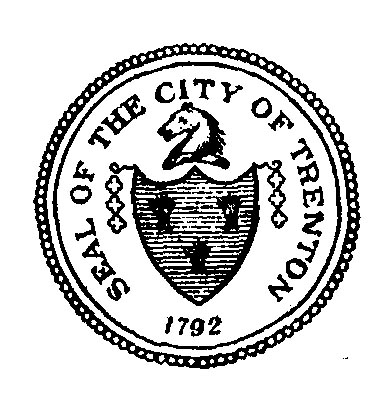 |
Trenton's Current AIDS plan
|
||
|
|
At one time in history, Trenton New Jersey, was a thriving city that was full of life. It seems as though after the Great Depression in 1929 to the race riots of 1968, that things continued to go downhill for the city. The riots of 1968 were mild in Trenton compared with other cities. One death shattered a sort of social compact by which former factory owners who still lived in the city followed[1]. Additionally, whole hosing developments in Ewing and Lawrence were built and were occupied by former Trenton residents. Stores moved out of town and the first strip malls and then large-scale shopping malls straddled the outskirts of the city[2]. With Trenton only being seven miles wide by seven miles long, no one would think that there would be an AIDS problem. To be perfectly honest, it is the exact opposite. Trenton has an AIDS rate that is 4 times the National Average of 339 cases per 100,000 people. In Trenton there are two main high risk groups: Injection Drug Users (IDU) and women. Many people use drugs in the city and it is easy to walk to the nearest corner and buy drugs without getting caught by the police. It did not surprise me that injection drug use is the major mode of transmission for the city of Trenton because the “drug game” is very prevalent in the Trenton community. I know quite a few people who not only sell drugs but also use them. Women are part of the high risk group because they contract the virus through heterosexual contact. Most women receive the virus because they have sex with men who are injection drug users.
Trenton has a few HIV/AIDS prevention programs, which include the Ryan White Care Act, the AIDS Drug Distribution Program (ADDP), and the Health Insurance Continuation Program (HICP). The Ryan White Care Act- is federal legislation that addresses the unmet health needs of persons living with HIV disease by funding primary health care and support services that enhance access to and retention care[1]. The AIDS Drug Distribution Program (ADDP) provides life sustaining and life prolonging medications to low income individuals with no other source of payment for these drugs[2]. The Health Insurance Continuation Program allows patients to keep their health insurance when they can no longer work or when they can only work part time[3]. HICP will pay the monthly payments (premiums) for their health insurance, including family insurance that covers the spouse and/or the children[4].
I think that Trenton has an AIDS problem that needs to be addressed more thoroughly and rigorously than what is occurring now. No new programs have been instituted and even though legislation has passed the bill for a needle exchange program there has been no set up of any exchange sites. I am told from my aunt, Shilda Worthy, who works for the New Jersey Division of HIV/AIDS Services, that everything is still a “work in progress”. If I were the Public Health Official for Trenton, I would institute programs that focused on the greatest groups at risk for HIV/AIDS. I believe that the best method to help stop/reduce the spread of AIDS is to institute a needle exchange program and offer counseling and support groups for women. Additionally, I believe that HIV education should begin in the early stages of life. I would institute a federal mandate that makes it mandatory for children in middle school and high school to have a section of the health class spent on HIV/AIDS prevention, condom use and the consequences of having sex.
|

